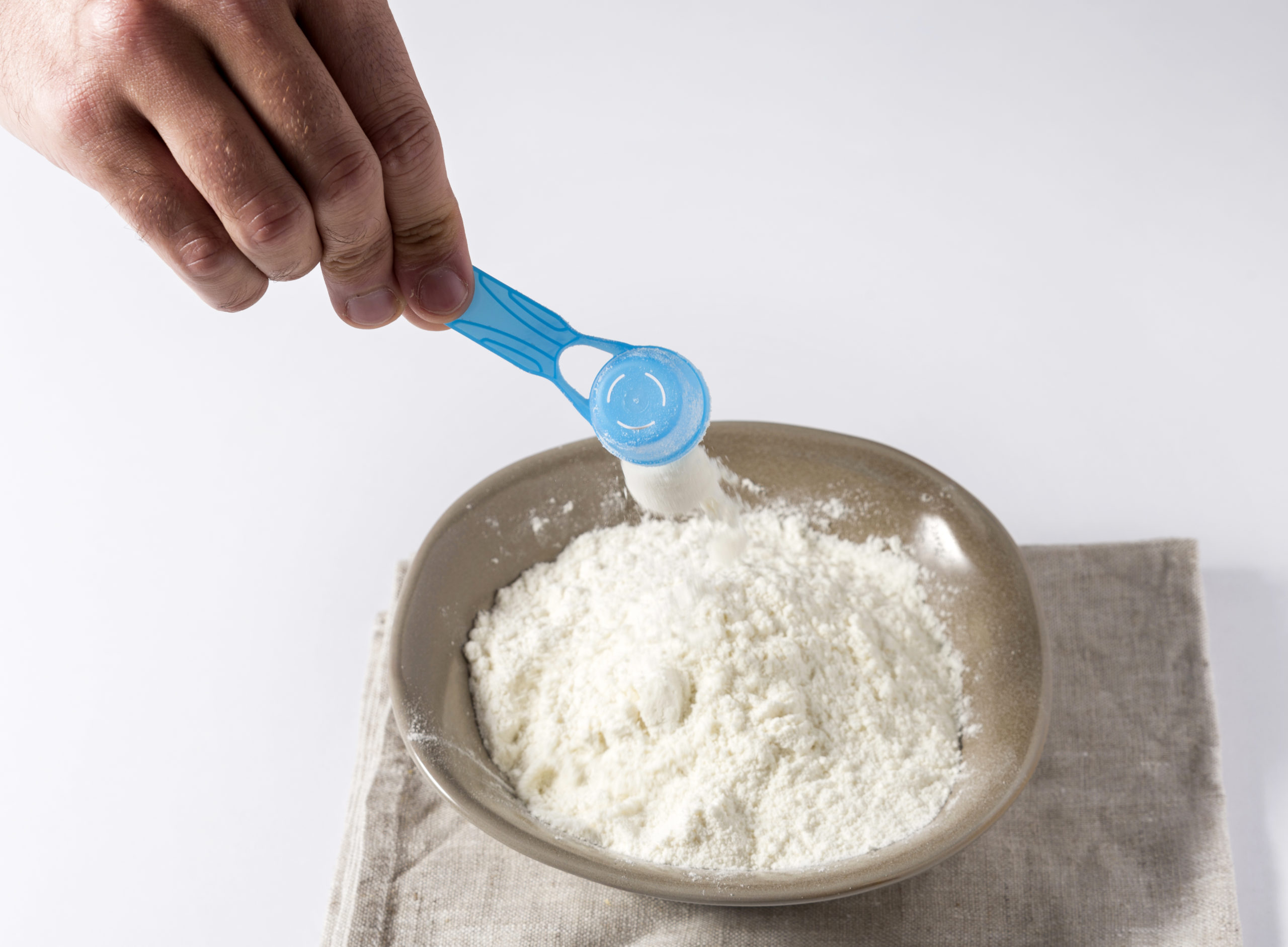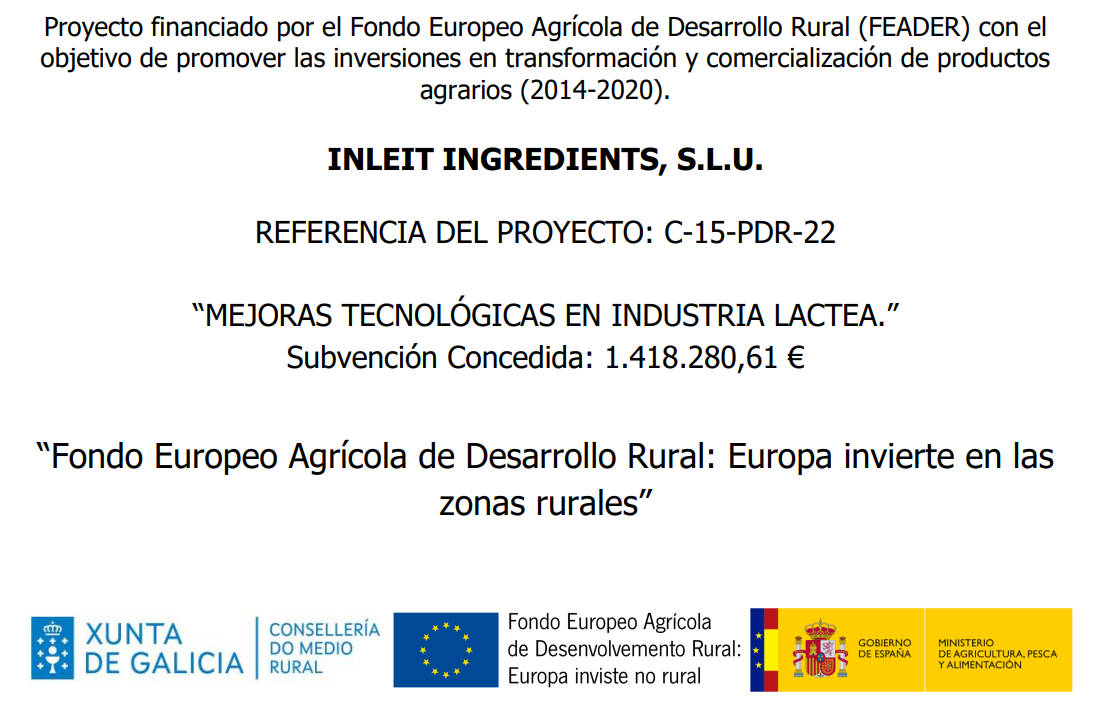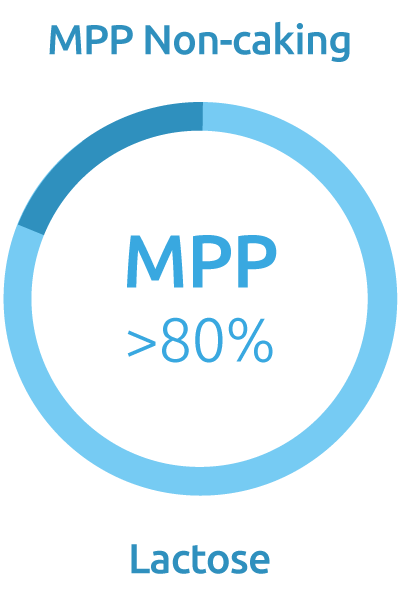Casein is the most essential protein component of cattle milk, accounting for up to 80% of the total nitrogen of milk. As such it has numerous applications in the food industry, one of such being its use in the production of micellar casein. Micellar casein is a protein concentrate made from casein (1). The reputation of micellar casein is increasing without bounds by the day and consequently a lot of questions are being asked about the product. The following are three frequently asked questions about micellar casein and the answers to them.
Can micellar casein help me lose weight?
Yes, micellar casein can help you to lose weight. The increase in health consciousness and the quest to stay fit and healthy has led to an increase in the demand and consumption of high protein diets and supplements by many people. High protein diets have been used successfully in many weight loss programs, with desirable results in both short and long terms (2). Research shows that a high protein diet improves blood lipids, glucose homeostasis, body composition and satiation during weight loss. Improving satiety is crucial in weight management as it sends signals to the brain to stop eating, thus reducing the overall calorie consumption (3).
Is micellar casein the same as caseinates?
No, micellar casein is not the same as caseinate. Micellar casein is obtained from milk by microfiltration of skimmed milk. Casein molecules are significantly larger than other milk components like lactose, whey proteins and other soluble minerals, thus when filtered it is conveniently retained. Caseinates on the other hand are produced from the coagulation of casein, which can be done by acid or rennet. Casein aggregates are not in a native or micellar form and are not soluble. Additional treatments are required to convert the casein aggregates into soluble caseinates: they may be treated with alkali (for instance sodium hydroxide, potassium hydroxide, etc) to make a caseinate which is soluble.
Micellar casein therefore is more natural and maintains a more real “milk” flavor than caseinates. Caseinates have a more unpalatable flavor and thus in most applications, sweeteners and flavoring agents are added to mask their aroma and taste (4).
Is micellar casein vegan?
No, micellar casein is not vegan. Vegans also referred to as strict vegetarians, are those that abstain from eating meat, eggs, dairy products (such as cheese, and yogurt), and any other substances or products made from animals. They consume strictly plant-based products. Since micellar casein is made from animal milk casein, it is therefore not vegan friendly. This is the reason why true vegan cheeses, and milk products sometimes carry the “casein-free” labelling.
Nevertheless, lacto-vegetarians who are vegetarians that do not consume eggs but do consume dairy products may consume micellar casein (5).
REFERENCES
Alichanidis, E., Moatsou, G., & Polychroniadou, A. (2016). Composition and properties of non-cow milk and products. In Non-Bovine Milk and Milk Products (pp. 81–116). Elsevier.
Martin, W. F., Armstrong, L. E., & Rodriguez, N. R. (2005). Dietary protein intake and renal function. Nutrition & Metabolism, 2(1), 25. doi:10.1186/1743-7075-2-25
Fine, E. J., & Feinman, R. D. (2004). Thermodynamics of weight loss diets. Nutrition & Metabolism, 1(1), 15. doi:10.1186/1743-7075-1-15
Dovenmuehler, A. (2020, October 18). The difference between micellar casein and caseinates. Retrieved April 6, 2022, from Idaho Milk Products website: https://www.idahomilkproducts.com/the-difference-between-micellar-casein-and-caseinates/
Food Notebooks. (2019). Becoming a Vegetarian: 6X9 FOOD – dotgrid – dot grid paper – notebook – notes. Independently Published. https://www.health.harvard.edu/staying-healthy/becoming-a-veget














